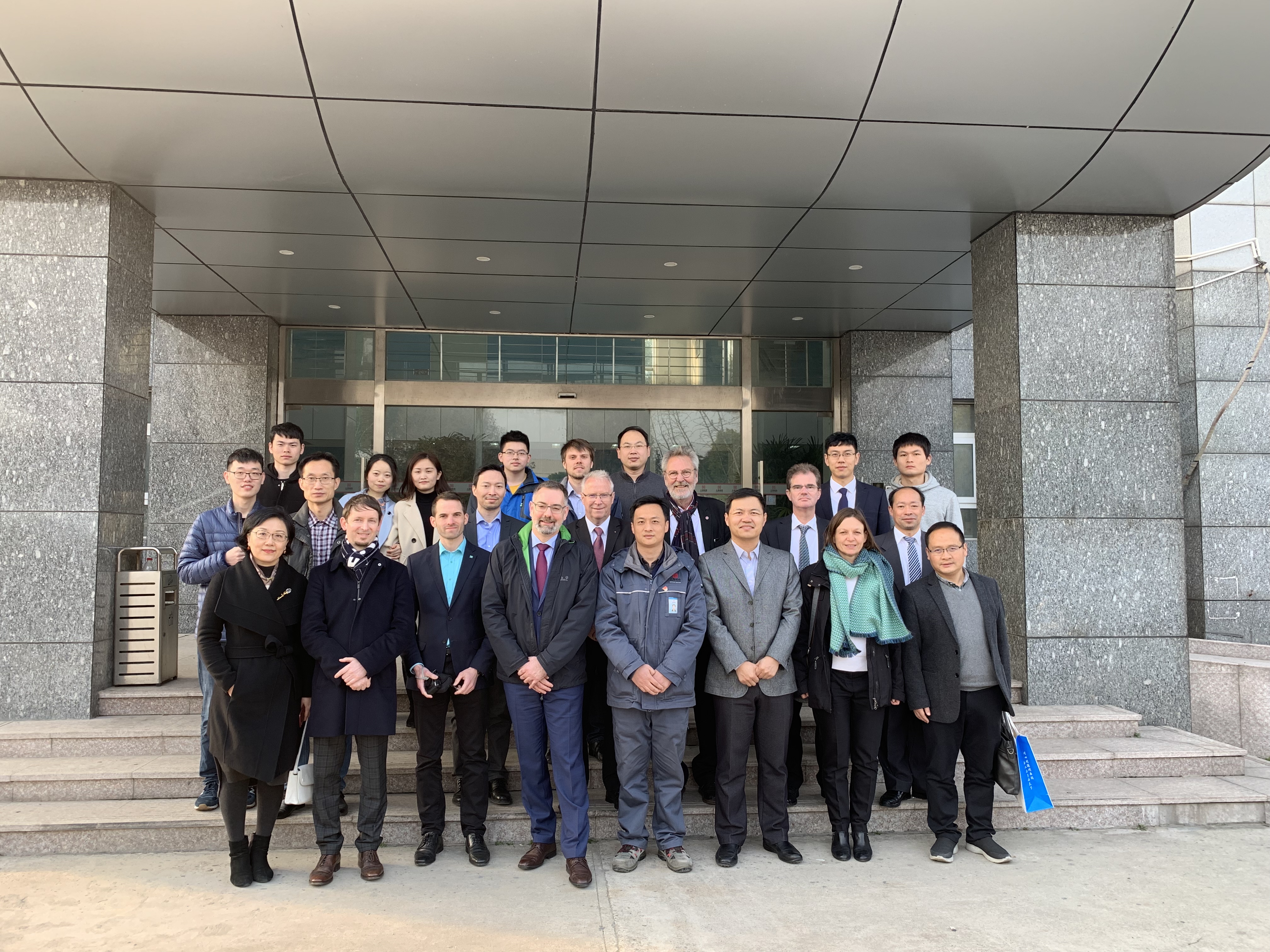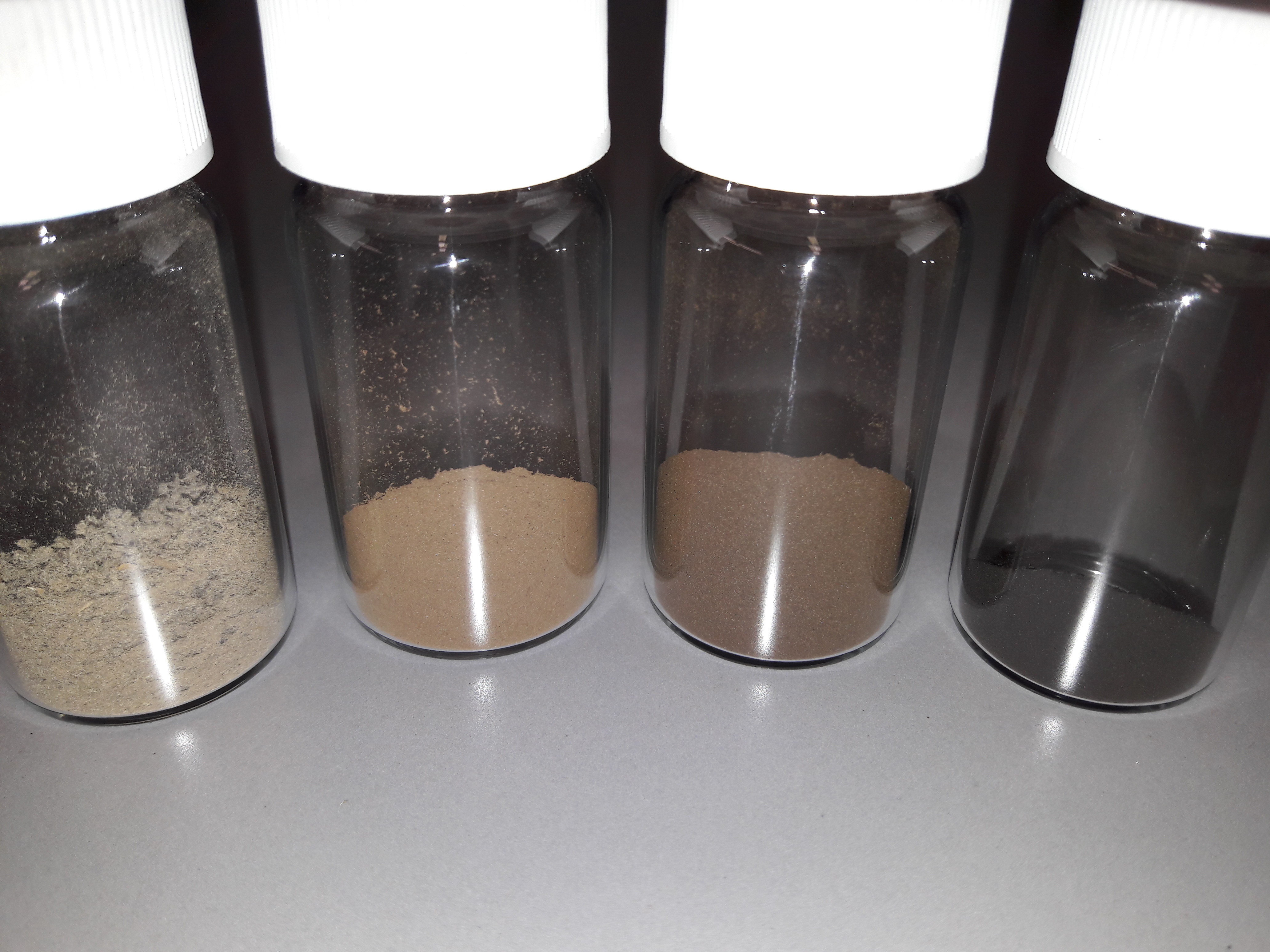Project start IntenKS

Coordinator: Technische Universität Darmstadt - Fachbereich Bau- und Umweltingenieurwissenschaften
Contact Person: Prof. Dr.-Ing. Markus Engelhart
Address: Karolinenplatz 5, 64289 Darmstadt
Phone: +49 6151 16-20300
Email: m.engelhart(at)iwar.tu-darmstadt.de
Project partners:
Project partners in China:
Sewage sludge has often been considered as waste, but there is a growing awareness of its potential for energy and material recovery. This is increasingly becoming the focus of attention when designing new treatment plants for sewage sludge. Given the fact that plants for approximately one billion people are to be established in China in the near future, the German-Chinese research project IntenKS is developing solutions for the management of waste materials in wastewater treatment plants under Chinese conditions.
The People's Republic of China does not currently have sufficient capacity to adequately treat and recover sewage sludge from wastewater treatment. It is largely disposed of without energy and material recycling.
IntenKS is pursuing the goal of developing sustainable solutions for the dewatering and energetic use of untreated raw sludge from wastewater treatment plants. For this purpose, the project is developing and adapting technological options for intensified sewage sludge treatment by means of thermal processes while taking into account the local constraints. These sewage sludge treatment processes have a direct impact on the subsequent stages of process water treatment and waste disposal.

Against the backdrop of the sometimes insufficient cleaning performance of China's existing large-scale facilities for nutrient elimination (especially nitrogen) and the heavy strain on process water from thermal pre-treatment, the intensification of sludge treatment must therefore be seen as an integrated process with separate, optimised process water treatment. This aspect is also being taken up and scientifically examined in the project.
Overall, IntenKS is pursuing the goal of developing and qualifying an integrated concept for the management of waste materials, such as process water and dehydrated sludge, under Chinese conditions.
The project is investigating two approaches to sewage sludge utilisation: The first approach is the thermal pretreatment of untreated sewage sludge at 120 - 160 °C followed by fermentation to produce biogas. This pretreatment results in increased biogas production as well as in an improvement of the dewatering of the sewage sludge to be disposed of. The second approach provides for the thermal disintegration of the untreated sewage sludge at 190 - 250 °C without further treatment. These high temperatures lead to sewage sludge coalification processes and allow direct combustion of the resulting coal (so-called hydro or biochar) or possibly utilisation as a soil conditioner.
There is a particular need for research with regard to the removal of biologically difficult-to-degrade reaction by-products in the process water caused by the high treatment temperatures of the sewage sludge. In this context, the removal of nutrients in the process water (especially nitrogen) is to be examined under consideration of possible inhibition of the bacteria by these same reaction by-products. In IntenKS, two different biological processes with subsequent post-treatment will be tested. In addition, measurements of the input efficiency of the oxygen required for the biological conversion of the organic compounds into the process water will be made. The aim here is to verify improved oxygen supply to the microorganisms. This is associated with a lower energy requirement in separate process water treatment.
Based on laboratory-scale trials, sludge treatment pilot plants are being planned, built and operated in China. This is taking place in close cooperation between industrial partners and universities. An accompanying socio-economic assessment that will identify both acceptability and conflict potential of innovative sludge treatment technologies in China will complement the holistic approach.
With the results achieved, the various process chains for thermal sewage sludge treatment with subsequent dewatering and residual material evaluation will be balanced and evaluated by means of a socio-economic analysis. The aim is to demonstrate the extent to which the investigated thermal processes are advantageous for large-scale application in China, which recommendations for action can be derived from this and how such a concept can be established. These results will be prepared for various target groups from politics, administration, industry and society, and solutions will be developed to manage resource-efficient and sustainable sewage sludge treatment. IntenKS is therefore striving for a direct transfer of the scientific results into broad application.

